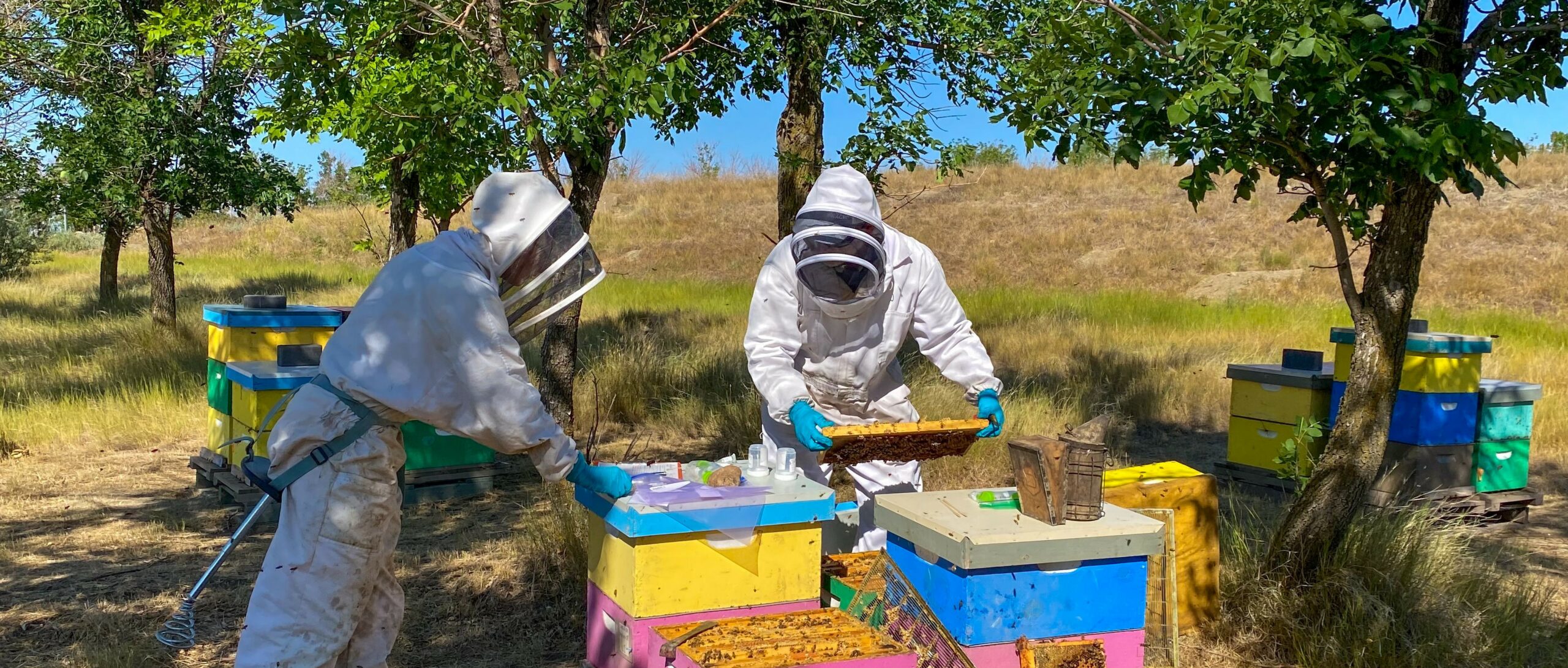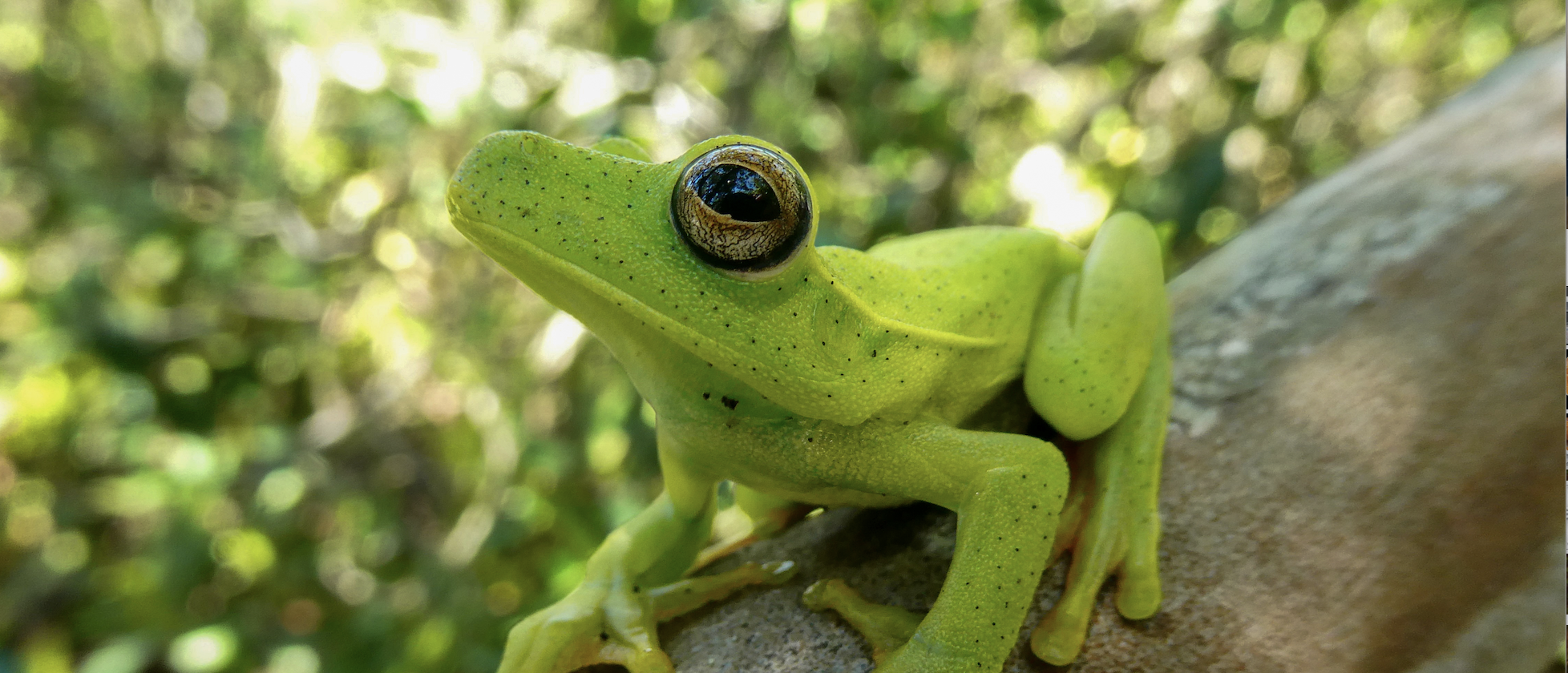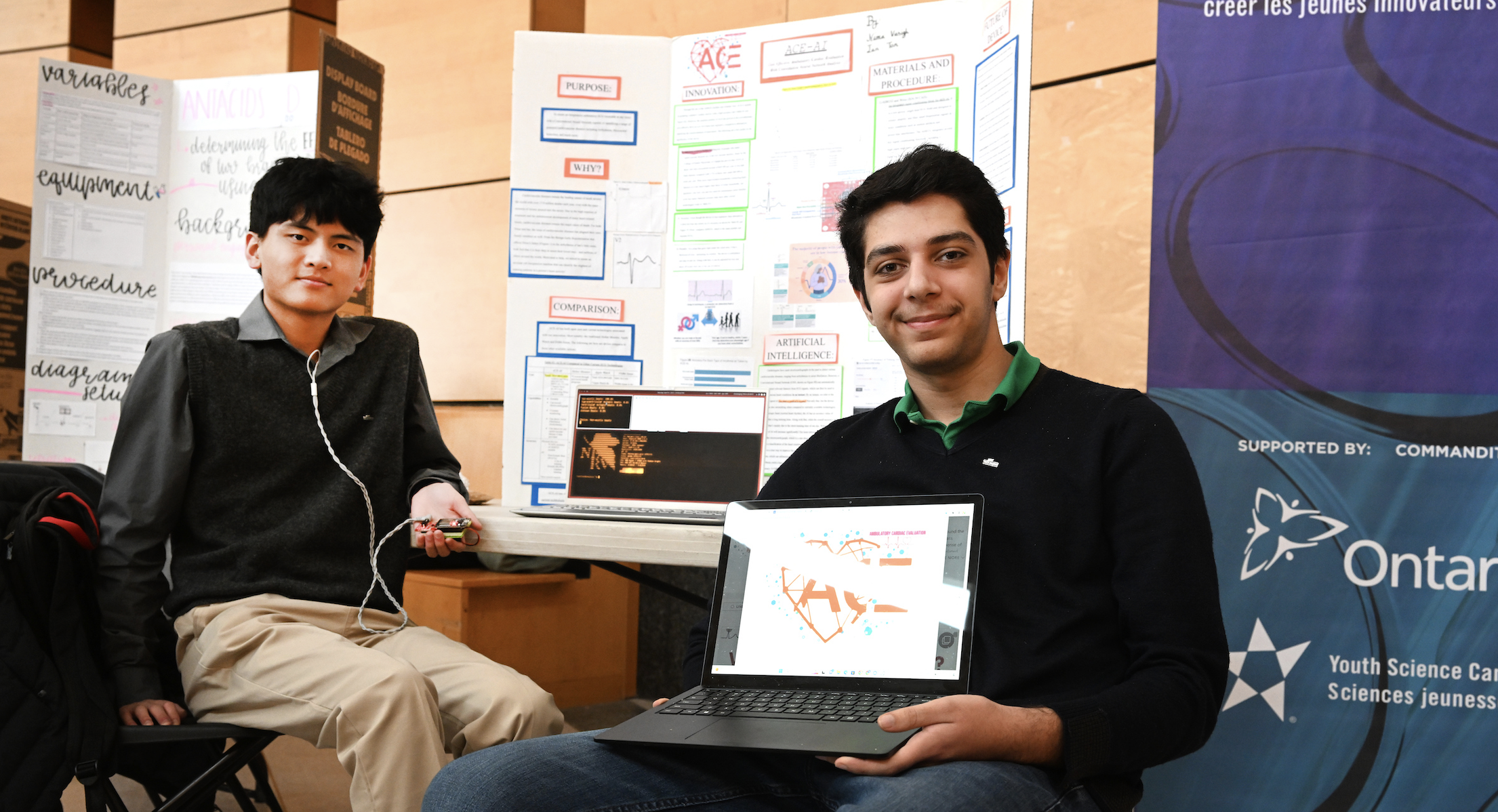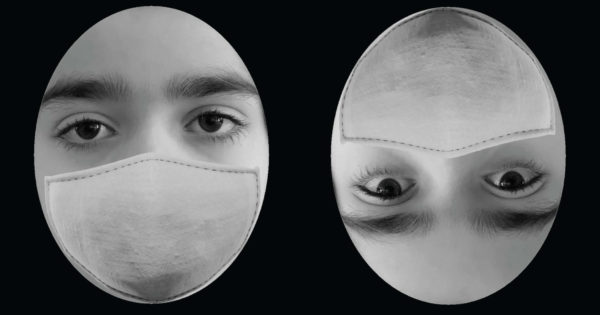
Who is that? Kids find it more difficult than adults to recognize faces behind masks
TORONTO, Feb. 7, 2022 – Children are having difficulty recognizing faces that are partially covered by masks. This could potentially impact social interactions with peers and educators, as well as the ability to form important relationships, according to a new study led by York University.
Previous research found mask wearing hindered facial recognition in adults. This new study by researchers at York University and Ben-Gurion University in Israel, looked at 72 children, ages six to 14, to see if their experience was similar to that of adults. Faces were presented with or without masks, both upright and inverted.
“Faces are among the most important visual stimuli. We use facial information to determine different attributes about a person, including their gender, age, mood and intentions. We use this information to navigate through social interactions,” says York University Assistant Professor Erez Freud of the Faculty of Health, the study’s senior author.
The research shows children’s face-perception abilities are not only profoundly impaired when people are masked, but their level of impairment is greater than that experienced by adults. Children have about a 20 per cent impairment rate for recognizing masked faces compared to about a 15 per cent rate for adults.
The study also revealed children process faces differently when the face they are looking at is masked, compared to one that’s not. Their ability to holistically process faces, which is necessary for face perception, was disrupted and became more analytical.
Typically, humans process the face as a whole rather than by its individual features.
“Not only do masks hinder the ability of children to recognize faces, but they also disrupt the typical, holistic way that faces are processed,” says Freud.
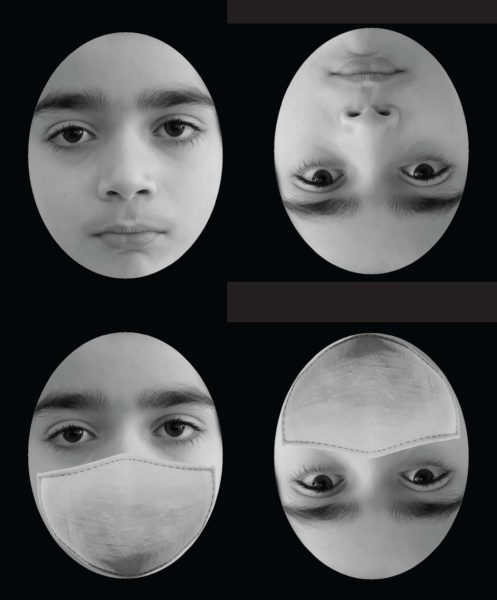
The researchers used the kids’ version of the Cambridge Face Memory Test – the most validated measure of face perception abilities in humans – to test the ability of school-aged children to recognize faces with and without masks, both upright and inverted.
“If holistic processing is impaired and recognition is impaired, there is a possibility it could impair children’s ability to navigate through social interactions with their peers and teachers, and this could lead to issues forming important relationships,” says Freud. “Given the importance of faces to social interactions, this is something we need to pay attention to.”
With children back to school with mask mandates once again, future research should explore the social and psychological ramifications of wearing masks on children’s educational performance, he says.
The paper, published today in the journal Cognitive Research: Principles & Implications, was led by Freud and undergraduate psychology student Andreja Stajduhar, in collaboration with Professor Shayna Rosenbaum – all from York University’s Department of Psychology and the Centre for Vision Research. The paper was co-authored by Professors Tzvi Ganel and Galia Avidan in the Department of Psychology at Israel’s Ben-Gurion University. The study was funded by the Natural Science and Engineering Research Council of Canada and VISTA (Vision Science to Applications).
-30-
York University is a modern, multi-campus, urban university located in Toronto, Ontario. Backed by a diverse group of students, faculty, staff, alumni and partners, we bring a uniquely global perspective to help solve societal challenges, drive positive change and prepare our students for success. York's fully bilingual Glendon Campus is home to Southern Ontario's Centre of Excellence for French Language and Bilingual Postsecondary Education. York’s campuses in Costa Rica and India offer students exceptional transnational learning opportunities and innovative programs. Together, we can make things right for our communities, our planet, and our future.
Media Contact:
Sandra McLean, York University Media Relations, 416-272-6317, sandramc@yorku.ca


